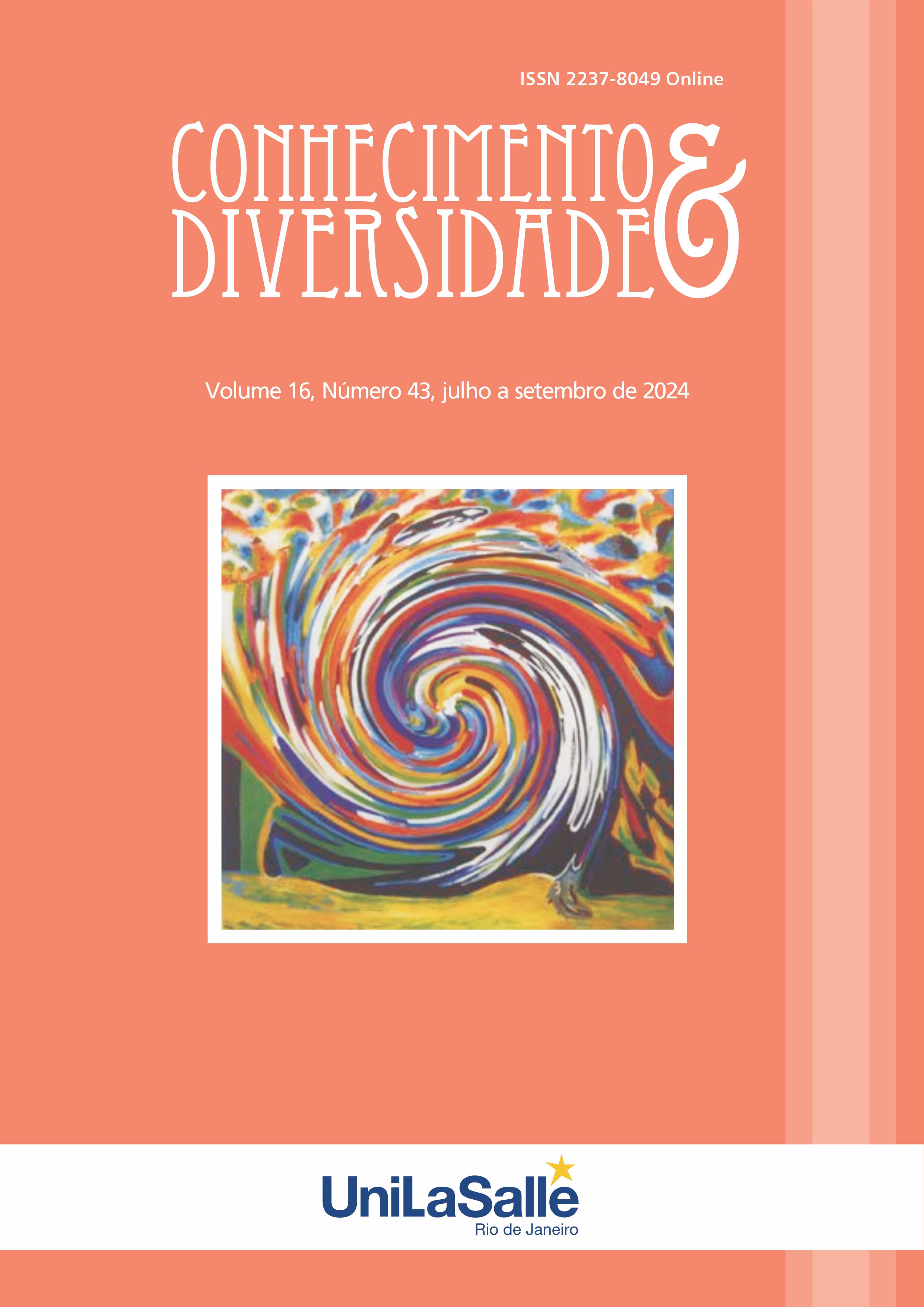THE IMPORTANCE OF TARGET LEARNERS IN TEACHING FOUR BASIC LANGUAGE SKILLS IN TURKISH
DOI:
https://doi.org/10.18316/rcd.v16i43.11983Keywords:
Language, Turkish, Four basic language skills, Language teachingAbstract
In today’s world, teaching Turkish to people from diverse cultural and linguistic backgrounds has become essential for effective communication. Factors such as native language, learning goals, and cognitive abilities affect the pace of language learning. Recently, the students who come to the Turkish Republic of Northern Cyprus (TRNC) from third world countries for education have shown an intense interest in learning Turkish language, and consequently, Turkish has started to be taught as a foreign language to these students both at universities and private institutions. This study aims to determine the pace of Turkish language learning of foreign students who came to TRNC to study at university. The study was conducted in the fall semester of the 2022-2023 academic year with a total of 75 students learning Turkish as a foreign language at TRNC universities. The participants were students from different countries such as Syria, Iran, Lebanon, Libya, Sudan, Nigeria, Congo, Pakistan, Azerbaijan, Palestine and Germany, studying in various departments in TRNC. Using a mixed-method approach, the study employed a pre-test and post-test one-group design. Results showed that Azerbaijani students had the highest scores in both tests, Iranian and Syrian students made notable progress, and Congolese students showed the least improvement.
References
Balcı, M. & Melanlıoğlu, D. (2020). On The “Curriculum of Teaching Turkish as A Foreign Language”. Kırıkkale University Journal of Social Sciences, 10(2), 173-198.
Bogdan, R.C., & Biklen, S.K. (1992). Qualitative Research for Education: A İntroduction to Theory and Methods. Boston: Allyn and Bacon.
Boylu, E., & Çangal, Ö. (2019). The language needs analysis in teaching Turkish to foreigners: an example of Iran. International Journal of Language Academy, 2(5), 127-151.
Büyüköztürk, Ş., Kılıç Ç., E., Akgün, Ö., Karadeniz, Ş., & Demirel, F. (2021). Scientific research methods in education. (26. edition). Pegem Academy.
Çarkıt, C. (2024). Evaluation of Turkish Language Learning Experiences of African Origin Higer Education Students: A Phenomenology Study. Journal of Bayburt Education Faculty, 19 (41), 1593-1615. https://doi.org/10.35675/befdergi.1210406
Demirci, M. (2015). Determinations related to reading aloud skills of Syrian Turkish learning students in level B1. Journal of Turkish Studies. (s. 333-358).
Durukan, E., & Maden, S. (2013). Turkish teaching programme development for foreigners. Handbook of teaching Turkish to foreigners, 511-526.
Erol, T. (2021). Awareness of international students towards Turkey's intangible cultural heritage. RumeliDE Journal of Language and Literature Studies (23), 105-121. https://doi.org/10.29000/rumelide.948303
Gedik, D. (2009). Teaching Turkish to Foreigners. Sample of Ankara university and Gazi university. (Unpublished MA thesis). Abant İzzet Baysal University / Social Sciences Institute, Bolu.
İnan, K. (2014). An evaluation of the error analysis in the written expressions of Iranians who learn Turkish as a foreign language. Turkish Studies, 9, 619-619.
Karaman, E. (2015). An essay about how Azerbaijan students understand Turkish and Turkish students understand Azerbaijan Turkish. Selçuk University Journal of Literature Faculty (23), 23-35.
Karasar, N. (2002). Scientific Research Methods. (11. edition). Ankara: Nobel Publishing Distribution.
Nurlu, M. (2019). Teaching Turkish as a Foreign Language. Ankara.
Sönmez, V., & Alacapınar, F. G. (2013). Illustrated Scientific Research Methods. Anı Publishing. 2. edition. Ankara.
Tekin, T. (2013). Articles 2: The Writing System of Turkish Throughout History. Ankara: TDK Publications.
Tunagür, M. ve Kardaş, M. N. (2021). A Study on the Turkish Learning Experiences of Syrian Students (Aims and Problems in the Process). Social Sciences: Theory & Practice, 5(1), 120-136.
Yağmur, K. (2013). Concepts of mother tongue, second language and foreign language in language teaching. In “Teaching Turkish as a foreign language” handbook. (s. 181-198).
Yıldırım, A., & Simsek, H. (1999). Qualitative Research Methods in Social Sciences. 11. Edition.
Downloads
Published
Issue
Section
License
Copyright (c) 2024 Tülay Kaya Tekman, Mustafa Yeniasır

This work is licensed under a Creative Commons Attribution 4.0 International License.
As recommended by the Public Knowledge Project, RCD adopts for its articles a CREATIVE COMMONS Attribution CC BY 4.0 license.
This license allows others to distribute, remix, adapt and build upon your work, even commercially, as long as they credit you for the original creation.
This is the most appropriate license offered.
Recommended for maximum dissemination and use of licensed materials.



